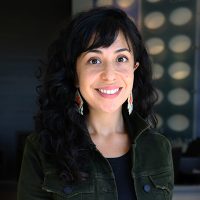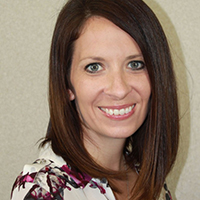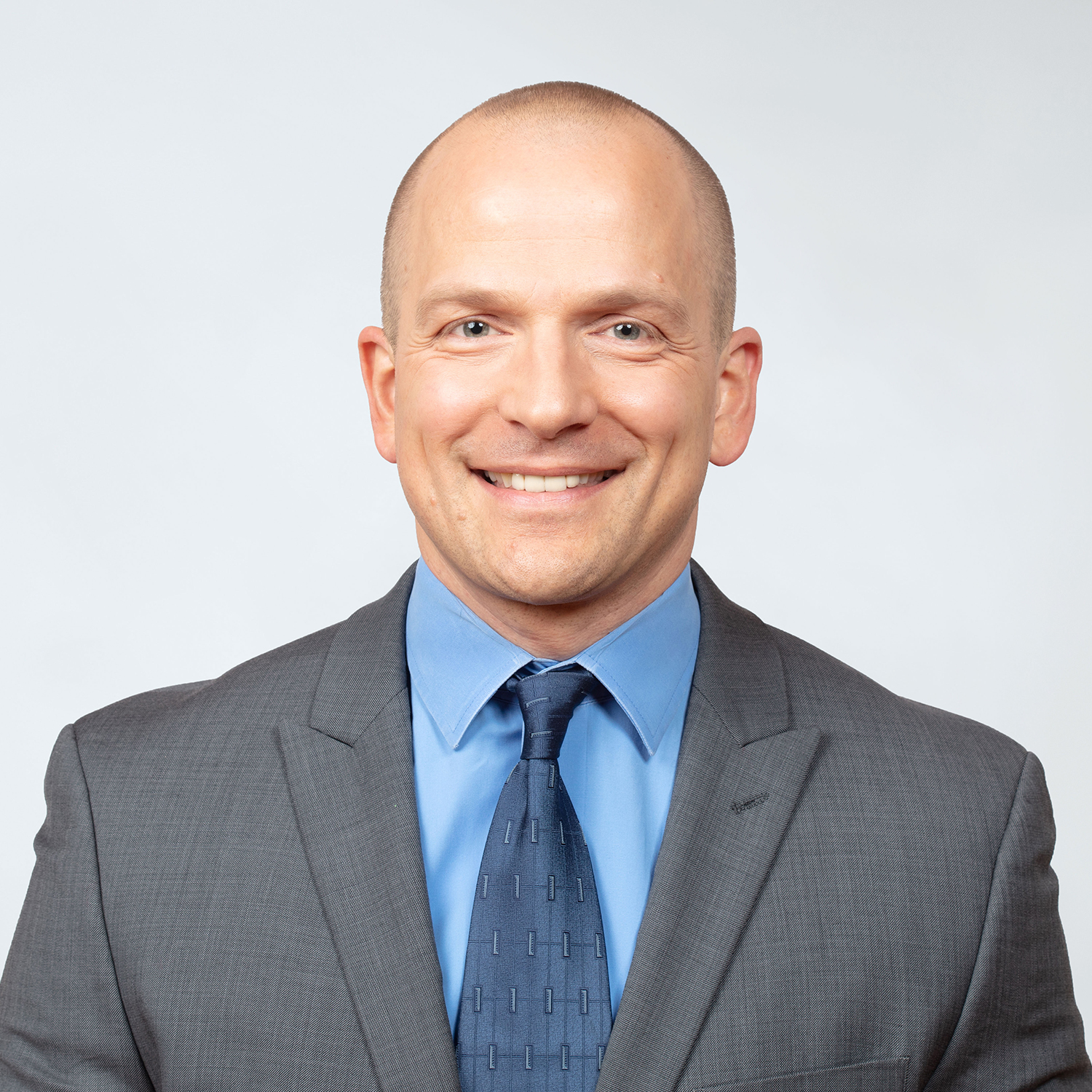ThreeSixty Journalism students call attention to racial health inequities amidst COVID-19 pandemic
August 19, 2020For the past four years, the Center for Prevention at Blue Cross and Blue Shield of Minnesota has worked with ThreeSixty Journalism to host a television broadcast and news reporter camp. This year, the realities of the COVID-19 pandemic meant that camp would need to look a bit different. In response, Blue Cross and ThreeSixty Journalism introduced the inaugural digital media arts camp.
The ThreeSixty camps aim to empower the next generation of diverse storytellers and change the dominate narrative on health. The theme of this year’s camp was “Racism as a Public Health Crisis: The impacts of COVID-19 and racism on the health of Black, Indigenous and People of Color (BIPOC) in Minnesota.”
The ThreeSixty camps aim to empower the next generation of diverse storytellers and change the dominate narrative on health.
While taking on this timely and challenging topic, this year’s students also faced the complex challenge of reporting during the pandemic. As the programming was moved online, the students conducted all their interviews virtually over Zoom.
Even without the ability to connect in person, students exceeded all expectations. In less than one week, they worked with media mentors to create professional digital stories on how racism impacts health and the work of community leaders to respond to health inequities.
Representation matters
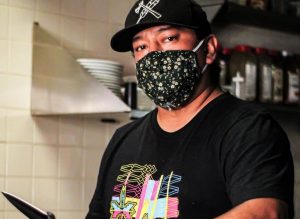 Increasing positive and accurate representations of BIPOC in mainstream media is integral to health equity. All too often, implicit bias and racism influence how media portrays BIPOC communities. Dominant narratives impact and reinforce policies and systems that can perpetrate structural racism and result in continued health disparities for marginalized communities.
Increasing positive and accurate representations of BIPOC in mainstream media is integral to health equity. All too often, implicit bias and racism influence how media portrays BIPOC communities. Dominant narratives impact and reinforce policies and systems that can perpetrate structural racism and result in continued health disparities for marginalized communities.
Through Blue Cross’ collaboration with ThreeSixty, we are working to give voice to those most impacted by inequity, create greater understanding of where and why health inequities happen and develop the next generation of diverse storytellers.
Racism as a public health crisis
Systemic racism is a key driver of health inequities in our state and nation. The disproportionate rates of COVID-19 infection among BIPOC further underscores this stark reality.
Statistics show that BIPOC, when controlling for other factors, live with more chronic disease— such as diabetes, heart disease and hypertension. They also have higher incidence rates of most forms of cancer, mental health conditions and substance use disorders and die younger than white people. Studies also show that individuals who experience racism exhibit worse health outcomes than those who do not experience racism.
Recognizing racism as harmful to public health is not new, but the idea is becoming more accepted by the general public because of the impact of the COVID-19 pandemic and the murder of George Floyd. Politicians, doctors and those in positions of power are no longer able to deny the impact that racism has on the health of BIPOC.
 “We need to address racism as a public health emergency and work to support community-led solutions to health inequities,” says Dr. Mark Steffen, chief medical officer at Blue Cross. “A huge part of this is changing the dominant narrative on health and empowering these young, diverse journalists as storytellers.”
“We need to address racism as a public health emergency and work to support community-led solutions to health inequities,” says Dr. Mark Steffen, chief medical officer at Blue Cross. “A huge part of this is changing the dominant narrative on health and empowering these young, diverse journalists as storytellers.”
Uplifting youth voices
ThreeSixty Journalism students who participated in this year’s digital media arts camp had the opportunity to strengthen communication skills, explore new digital mediums to tell stories, work directly with media professionals and draw on their own life experiences related to how racism impacts health.
Many students incorporated their own experiences protesting injustice and racism into their stories. Students also had the unique opportunity to learn about how communities other than their own are working to implement culturally-based solutions to racial health inequities.
We heard from a few of them about the experience:
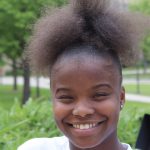 “When I think of racism as a public health crisis, I think about access to healthy food,” Aaliyah Demry shares. “People in my own family and community have high blood pressure or diabetes because they don’t have access to fresh and healthy foods, they never had that opportunity,”
“When I think of racism as a public health crisis, I think about access to healthy food,” Aaliyah Demry shares. “People in my own family and community have high blood pressure or diabetes because they don’t have access to fresh and healthy foods, they never had that opportunity,”
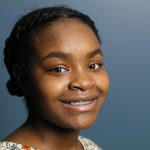 “At first, I didn’t see racism as a health issue, but then I started to ask questions like, ‘Why is there a higher concentration of lead in tap water in north Minneapolis? Why is it that Cub was shut down for a month during protests? We already live in a food desert, where are we supposed to get our food from?’” Kennedy Rance notes. “It’s stuff like this that made me realize that, yes, racism is all around me, of course, but now it is in our health and I didn’t think about it like that before.”
“At first, I didn’t see racism as a health issue, but then I started to ask questions like, ‘Why is there a higher concentration of lead in tap water in north Minneapolis? Why is it that Cub was shut down for a month during protests? We already live in a food desert, where are we supposed to get our food from?’” Kennedy Rance notes. “It’s stuff like this that made me realize that, yes, racism is all around me, of course, but now it is in our health and I didn’t think about it like that before.”
Supporting equitable and just storytelling
By uplifting the voices of these young journalists from diverse backgrounds, ThreeSixty and Blue Cross are working to shape a future media that is equitable and just.
Student videos can be found on the ThreeSixty Journalism website. Featured stories include:
Media coverage of the stories include:
- Students use 'power of storytelling' to highlight health inequities, Indian Country Today
- Young journalist shares experience covering tumultuous summer in Minneapolis, FOX 9
- Project Food Forest tackles rural food insecurity in southwestern Minnesota, FOX 9
- Minneapolis chefs serve Native American elders during COVID-19 pandemic, FOX 9
- SEAD Project provides COVID-19 resources for Southeast Asian communities in Minnesota, FOX 9
- Young journalists gain experience in the field during the unrest earlier this summer, FOX 9

